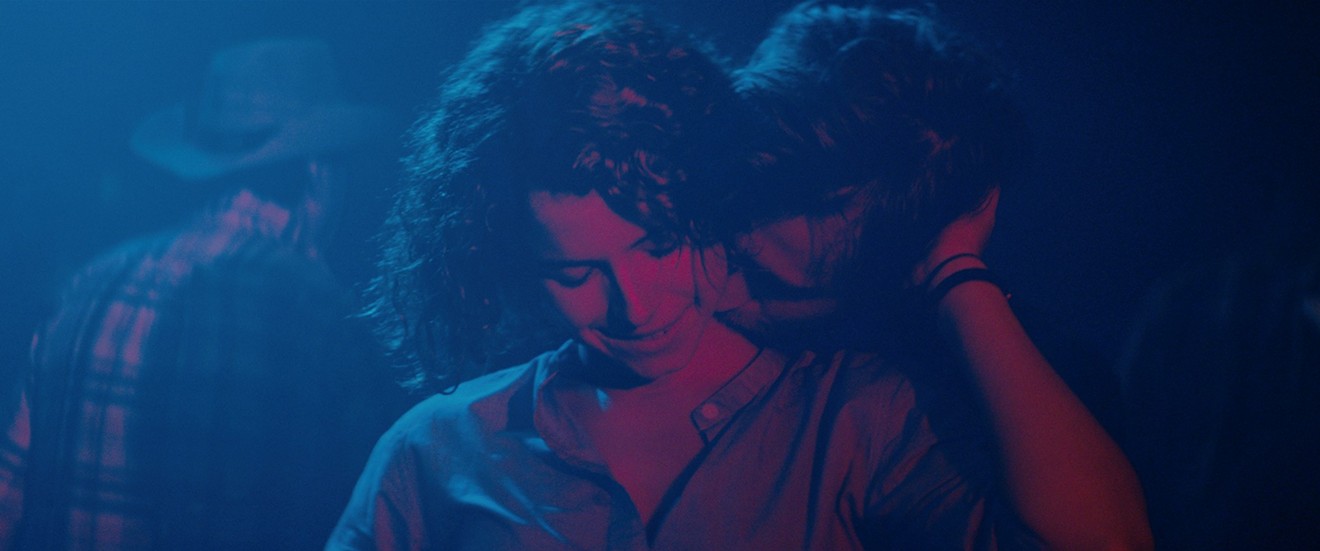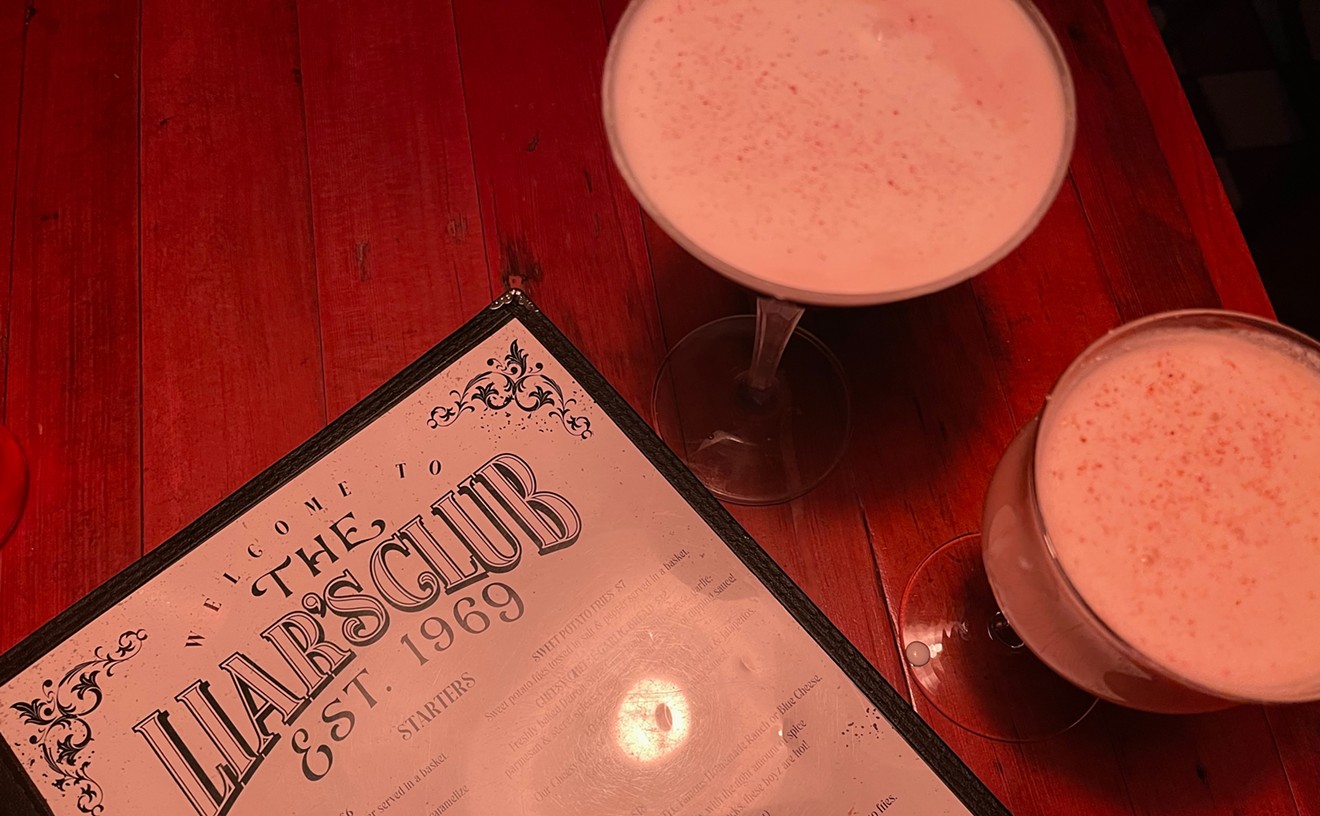Michael Pearce’s Beast is a quiet sort of thriller, a dark and disquieting mystery with its most pressing drama roiling beneath a comparatively placid surface. It has sensational elements common to its genre: As TV screens in the background remind us, a little girl has gone missing on this small island in the English Channel, which means we get the familiar sight of townsfolk tromping through heath or the floss or whatever they call fields over there, search parties rustling the weeds for any sign. Occasionally, Pearce stages an out-of-nowhere assault, which jars you in your seat the way a hypnagogic jerk might when you’re drifting off to sleep. Pearce — or his producers — don’t want audiences too lulled by all the hushed talk and silent weighing of moral issues, so here come men, some bursting through windows, or a pair of hands suddenly, briefly throttling a child.
But Beast is a different sort of beast than such techniques suggest. Quickly, those attacks get revealed as the nightmares or fantasies or memories of the protagonist, Moll (Jessie Buckley), a 27-year-old misfit still living at her parents’ house. Any relief at the revelation that that violence is not going down in the film’s present-day reality, though, just as quickly gives way to the deeper horror about what Moll and her community might be hiding from us. Why does the mind of this young loner turn to such terrors? I mean, besides the filmmakers’ desire to goose us back to alertness?
Beast teases out the answers with a stubborn patience. Writer-director Pearce, making his feature debut, proves dedicated to a psychological naturalism. He admirably resists that urge, so common to men writing young women, to make Moll brighter, funnier, bolder, more italicized alive than everyone around her — traits that would be at odds with a plot that finds Moll opening up to a devilishly handsome young man who has taken “an interest” in her. (That’s Moll’s mum’s phrase; the new boyfriend is, apparently, Moll’s first.) Moll, we discover, isn’t just gawky and socially uncertain — characteristics that Buckley suggests with a matter-of-fact apathy stripped of all bathos. Moll was homeschooled, we learn, after getting kicked out of school for an eruption of violence — she stabbed one of the girls who had made her an outcast.
Now, though, that girl has gone missing in Jersey. On the night of the probable abduction, Moll was out drinking and almost, but not quite, carousing. Pearce shows us much of that evening, Moll’s birthday, right up to her near-assault at dawn by a local lout. That crime is interrupted, out on the heather or whatever, by Pascal (Johnny Flynn), a working-class hunk. His gaze may be shifty and unnerving, and he might relish killing the occasional animal, but he’s still the rare young man not to treat Moll like she’s damaged goods. Soon, Moll and Pascal have paired up, each the only one in provincial Jersey who cares to try to understand the other. But their romance has a transactional edge: He shocks her flinty parents and checkmarks the box in her heart marked “boyfriend” while she’s all too happy to lie to the police and say she was with him the night the little girl went missing. He is, it turns out, a suspect in this case — and a handful of earlier child murders.
So, you’re not exactly asked to root for the lovers here. Instead, the suspense in Beast lies in us puzzling out who these two actually are. Is he the killer? Is she? Is this a case of a small-minded town assuming the worst about its aimless, alienated young people? Pearce understands that we’re working this all out, and he cunningly makes all these possibilities seem likely at the same time. The cost, though, of creating the circumstances in which we have room to wonder is that that leaves these characters vaguely sketched. We’re not watching to discover who they’re going to become or what they’re going to achieve; we’re watching to see who they’re keeping secret from us, each other and themselves. That means they can’t be as compellingly specific as they might if they were solving a mystery or actively trying to get away with a crime. Instead, they’re just a couple of bored kids living while we search their boredom for clues.
When one of them does take meaningful action, in the film’s strong final moments, Beast roars to life, jolting us without resorting to dreams or fakeouts. That ending imbues much of what’s come before with new meaning, and revisiting Beast may prove more satisfying than just visiting once. The first time through, the film simply proves too successful at capturing the listless ennui it’s depicting: This is what it’s like to be 27 and kind of a mess and totally sleepy and kind of miserable and suffering a headache and not sure who you are or who you should trust. And, hey, your mouth just went stale because you almost fell asleep and you hope there’s not a nightmare coming on.
[
{
"name": "Air - MediumRectangle - Inline Content - Mobile Display Size",
"component": "18478561",
"insertPoint": "2",
"requiredCountToDisplay": "2"
},{
"name": "Editor Picks",
"component": "16759093",
"insertPoint": "4",
"requiredCountToDisplay": "1"
},{
"name": "Inline Links",
"component": "17980324",
"insertPoint": "8th",
"startingPoint": 8,
"requiredCountToDisplay": "7",
"maxInsertions": 25
},{
"name": "Air - MediumRectangle - Combo - Inline Content",
"component": "16759092",
"insertPoint": "8th",
"startingPoint": 8,
"requiredCountToDisplay": "7",
"maxInsertions": 25
},{
"name": "Inline Links",
"component": "17980324",
"insertPoint": "8th",
"startingPoint": 12,
"requiredCountToDisplay": "11",
"maxInsertions": 24
},{
"name": "Air - Leaderboard Tower - Combo - Inline Content",
"component": "16759094",
"insertPoint": "8th",
"startingPoint": 12,
"requiredCountToDisplay": "11",
"maxInsertions": 24
}
]












